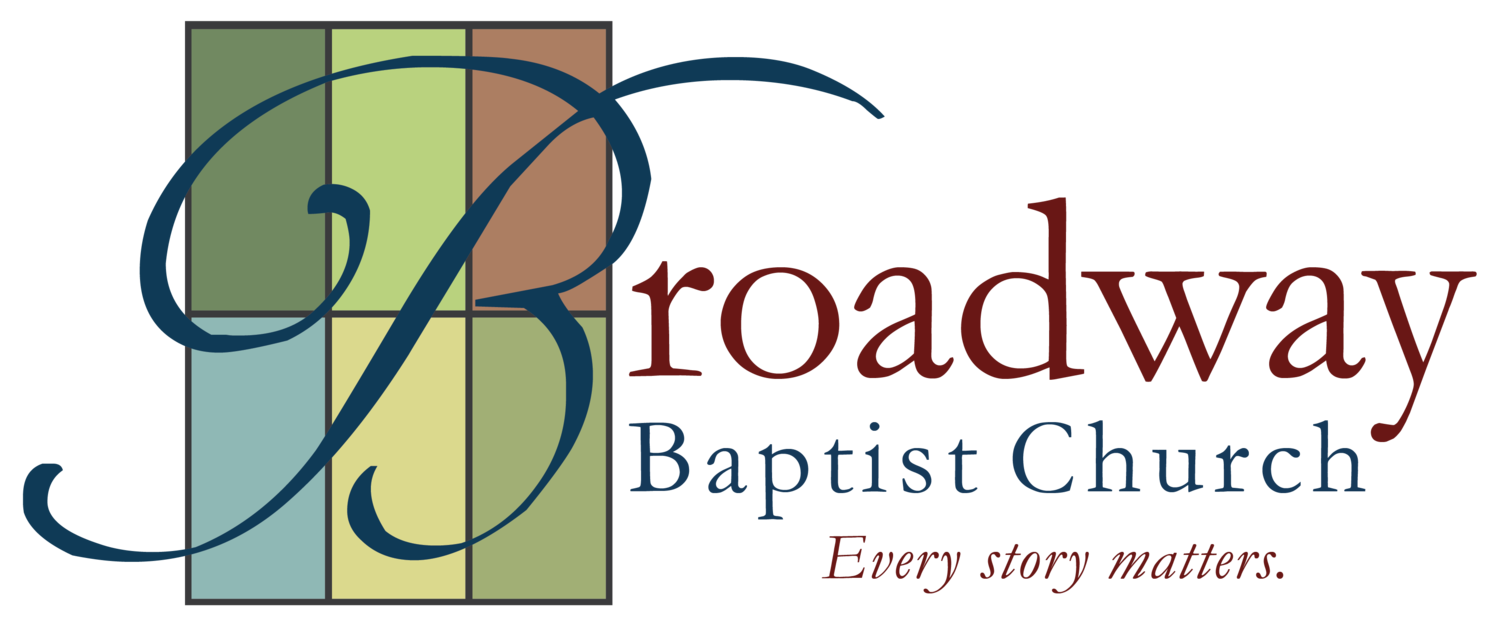A few months before my birth, the Great Depression crippled the economy of our nation. For most of the population of Mississippi, it was devastating, but the economy was already so bad that may people hardly noticed the difference.
My father had a good, secure job representing Southern Bell Telephone Company in a part of the world that was struggling to exist in January of 1930.
We lived next door to the pastor of the Methodist church. He and his family, along with others of the neighborhood, provided a caring community at a difficult time.
In the summer of my first year, we were invited to revival services at the Methodist Church. With no air-conditioning, the congregation managed the heat with vigorous use of "funeral home fans" -- one to a family.
My mother put me on the floor at her feet, gave me some "silent toys" to play with. She checked on me every now and then.
When the sermon ended, the evangelist begged for people to come down the aisles. (You know the pattern.) I am told that I continued to play quietly at my mother's feet.
The congregation stood. They sang "Just As I Am" verse after verse, fanning to the rhythm of the music. There was brief interruptions occasionally for the ministers to plead for sinners to come forward.
My mother, looking down at her feet during a lull in activity, was alarmed to find that I was no longer there! She panicked. She whispered above the singing to tell Daddy.
Strangely, he was not alarmed. In fact, he was smiling as he directed her attention to the front of the pulpit. The pastor--our friend, neighbor, who often carried me in his arms -- stood with one arm reaching out to sinners; and in the curve of his other arm was a happy little child who had crawled to the front of the church because the man she knew and had trusted said, "Won't you come? Come just as you are!"
I cannot claim a "profession of faith" at that moment, but perhaps it was a beginning.
Our family moved the next spring to a larger city, Vicksburg, where we lived for the next twenty years. During that time I made more normal, thought-out profession of faith.
During those years, my Dad began a Sunday afternoon mission, preaching to anyone who would come. Some who attended had never seen a New Testament nor had any experience of the Gospel.
It is said that Delta stretches from the lobby of the Peabody Hotel in Memphis to Catfish Row in Vicksburg. For several weeks every year the area floods beyond normal use. It had a kind of biblical feel about it -- mission callings to people who fished for a living -- even though the people had no knowledge of the image projected.
After the first spring of floods, Daddy found a new location, also flood-prone, but better. It was an abandoned one-room school house on the banks of the Yazoo River. No electricity was available, but windows allowed some light and circulation in the afternoons we were there.
An old pump organ was transported to the mission every week. "Special" music was presented by whoever was present form our mission team. Sometimes, we had six or eight voices. More often, we had enough for solos or duets.
Daddy preached (I think it was the same sermon every Sunday); someone played the organ (sometimes that person actually knew how); and we sang from old, worn, donated hymnals.
We had conversations! I had become accustomed to the pattern of people making professions of faith after years of orderly progression through graded Sunday School classes, GAs, RAs (remember those organizations?), but these people had not had that opportunity. All they knew of Christianity was what they witnessed on Sunday afternoons after Sunday afternoons and limited contacts throughout the year.
Most of the people in our little congregation were looked-down upon by others. They fished for a living, grew a vegetable and chickens. One family planted a small amount of cotton. Mostly, however, they fished and eked out a living in the world that hardly knew or cared that they existed.
We found them not only responsive to our care, they were excited and grateful to hear the Good News. It was a wonderful experience for everybody involved. Eventually, the mission evolved into a bona-fide, functioning Baptist Church.
Those of us who spent Sunday afternoons on the banks of the Yazoo River will never forget the experience. For me, it all started when a loving voice said, "Come," and I responded crawling to the front of a Methodist church in the summer of my first year.

